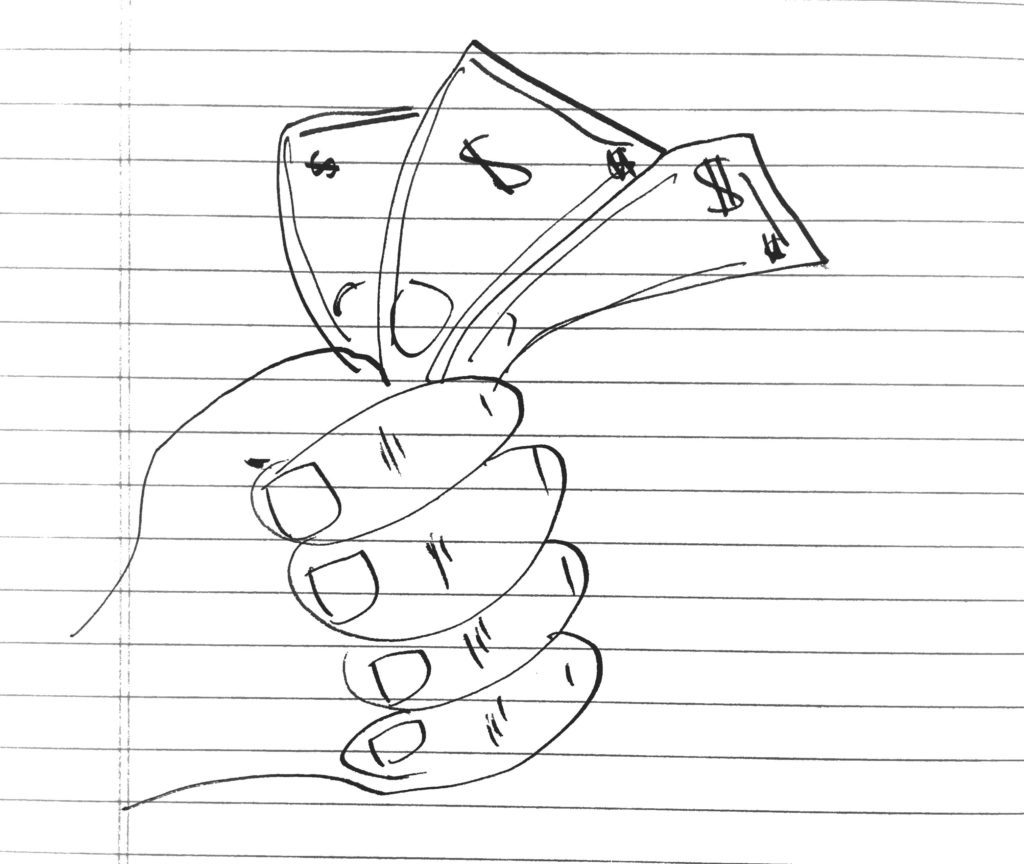
A Tenant Cannot Withhold Rent for Repairs
In some states, the law provides tenants with a right to withhold rent in the event the tenant has to pay for repairs that the landlord fails to make. Idaho is not one of these states. This means that if a landlord fails to provide repairs, you can be evicted for failing to pay rent in full. In Idaho, a tenant exercises the right to repairs through a different mechanism–which will be explained below.
A Tenant’s Right to Repairs
Idaho law dictates that landlords must ensure residential properties they rent meet certain conditions. Landlords must:
- Ensure reasonable waterproofing and weather protection of the premises;
- Maintain any good working order any electrical, plumbing, heating, ventilating, cooling, or sanitary facilities supplied by the landlord;
- Ensure the premises are free from conditions hazardous to the health or safety of the tenant;
- Comply with the terms of the lease or rental agreement
- Adhere to the implied conditions, such as the right to possession, quiet enjoyment, and habitability
- Provide and install approved smoke detectors.
See Idaho Code 6-320.
What to do when the landlord will not make repairs
As mentioned, a tenant in Idaho cannot withhold or deduct rent for repairs. Idaho law treats the payment of rent and the payment for repairs as completely separate issues. Instead of withholding rent, a tenant must take the following actions to enforce their right to repairs:
1. Prepare a three-day demand letter to the landlord
The three day demand letter must list each failure or breach requiring performance or cure. The letter should address damages and performance issues. In other words, if you have incurred actual damages as a result of the landlord’s failure to perform repairs, your letter can demand compensation for the damages incurred as well as specific performance of the repair.
2. Serve the three-day demand letter
The three-day demand letter must be serve in one of three ways:
(1) By delivering a copy to the landlord or his agent personally; or
(2) If the landlord or his agent is absent from his usual place of business, by leaving a copy with an employee at the usual place of business of the landlord or his agent; or
(3) By sending a copy of the notice to the landlord or his agent by United States Postal Service certified mail, return receipt requested.
You should also (ie: in addition to the ways listed above) serve the letter in accordance with any notice provisions in your lease. Your letter should include a “proof of service” identifying the method in which it was served. If you serve it by certified mail, the Idaho Rules of Civil Procedure state that an extra three days are added to the time to comply for account for the extra time for mailing.
3. After the three-days, file a lawsuit.
If, within three (3) days after service of the notice, any listed failure or breach has not been performed or cured by the landlord, the tenant may proceed to commence an action for damages and specific performance. You can, if you choose, bring an action for performance of the repairs without seeking damages. If you do, you will be able to take advantage of an expedited trial. This trial will be held within 12 days of the filing of the complaint. If you seek damages, the case will be tried as any other case–meaning it will take a considerable amount of time.
If you win at trial, the court will award your attorneys fees and costs incurred. However, if you lose, the landlord will be entitled to an award of fees and costs. As such, litigating your right to repairs is not without its risks.
What to do if you need help
Leland Faux offers assistance to tenants who wish to assert their rights to repairs. Free consultations are available. If you would like assistance, contact Leland Faux.
